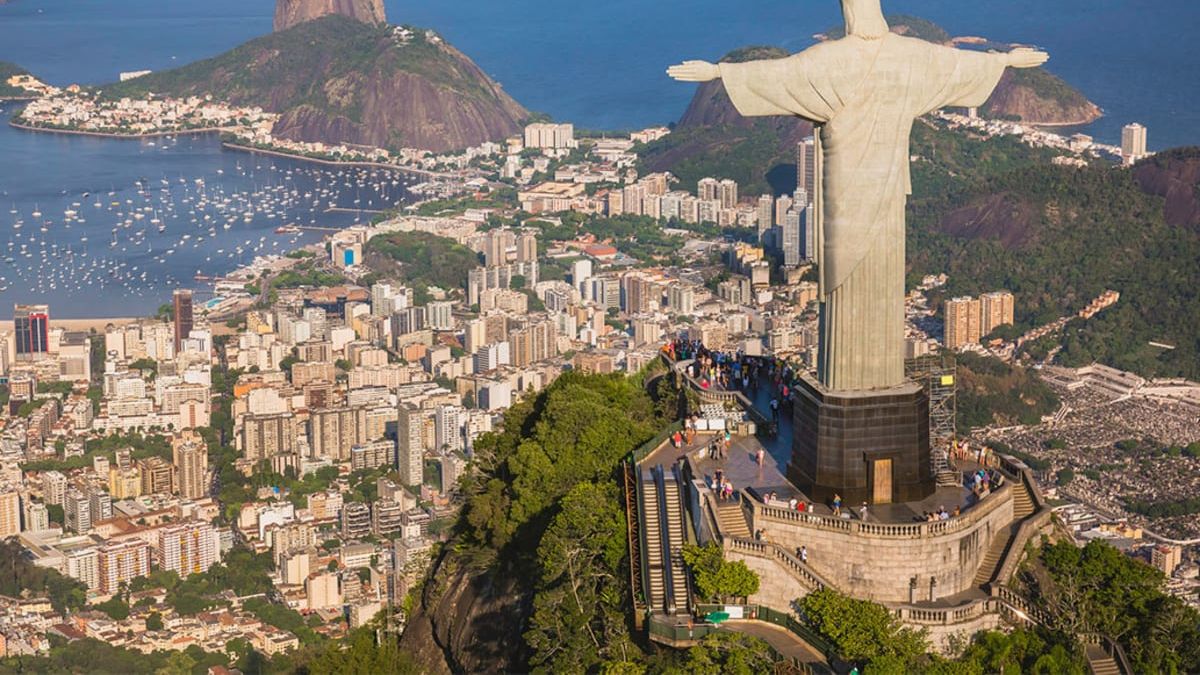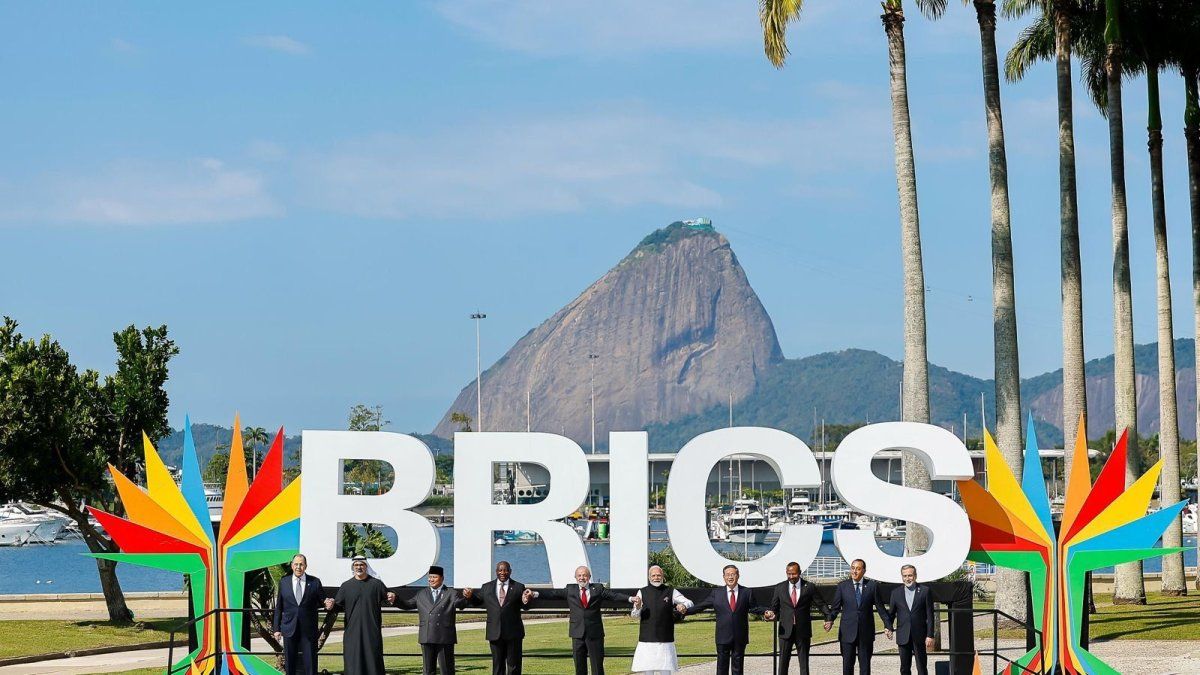The devaluation in Brazil raises alarms in the local industry and the Central Bank. The triumph of Donald Trump puts more pressure on the depreciation process of the real, which has accumulated a fall of close to 20% year-on-year. Manufacturing manufacturers from the neighboring country gain competitiveness while Argentines lose it. Tourism agencies are already talking about a “boom” of Argentines in Rio de Janeiro. The risk for Javier Milei’s exchange strategy.
Since the victory of the Republican candidate in the presidential elections, the world expects a stronger dollar. Emerging countries took note and in that group Brazil is our main reference. After a jump to the beginning of the wheel, with the intervention of the monetary authority, He was able to reverse the fall at the end and close the day without changes.
Apart from the photo of the day, the film shows another story. This week the pulse of devaluation accelerated and the dollar is now equivalent to 5.7 reais. The currency of the neighboring country accumulates a drop of 20% year-on-year . “The fluctuation is due to the fiscal situation and the expectation that interest rates will grow in the United States,” a former member of Lula’s economic team explained to Ámbito.
The scenario sets off alarms in the local industry. Brazil is Argentina’s main trading partner, the first origin of our imports and the main destination of industrial manufactures. Six out of every ten dollars exported to the neighboring country are products with high added value.
The devaluation in Brazil adds to a dangerous cocktail for Argentine manufacturers: drop in local demand, rise in costs, exchange rate appreciation. As if that were not enough, in the coming days President Lula da Silva will announce a strong adjustment in spending to reduce the fiscal deficit.
Argentine industrialists fear that the drop in demand in Brazil will result in an “invasion” of manufacturing from the neighboring country. Everything occurs in a context of trade opening and elimination of customs controls. Textiles, auto parts, food, chemicals, appliances, steel, agricultural machinery, are some of the sectors that could be affected in case there is a new import wave.
The “boom” of Argentines in Rio
Tourism is one of the sectors that reacts the fastest to changes in the exchange rate situation. One of the most relevant agencies told this medium that this year interest in foreign destinations grew strongly. “The boom in Brazil does not stop growing, Rio de Janeiro is going to be invaded by Argentines,” specified the sector source.
According to data from Despegar, International searches increased by 108% compared to the second quarter of the year. The ranking of destinations is led by Rio de Janeiro and then followed by Florianópolis. Meanwhile, searches by foreign tourists to visit Argentina fell by 15% between June 2024 and the same month in 2023.
“Traveller interest continues to grow. “It is driven by the favorable exchange rate, packages, interest-free installments and the possibility of purchasing direct flights to more than 11 destinations in Brazil.”explained Alejandro Festa, Manager of Accommodations and Tourist Services at Despegar.
The risk for Javier Milei’s exchange strategy
The services account is beginning to become a problem for the Central Bank. From exhibiting a surplus of US$84 million in January, after the exchange rate jump of 118%, it now had a surplus of US$650 million in September. All this, despite the fact that the tourist dollar is almost $500 below the financial dollar.
The deterioration of the current account raises questions about the exchange rate strategy. The Government says that the appreciation of the peso is here to stay. But economists of different orientations raise objections to this idea: exchange controls continue and the international scenario does not help.
The most compelling was former chief economist of the International Institute of Finance and chief currency strategist Goldman Sachs, Robin Brooks: “Argentines have not yet realized it, but Trump’s victory, if it means US tariffs on China and other countries, will exert great pressure devaluation of the peso. “That is not in the current price.”
Source: Ambito
David William is a talented author who has made a name for himself in the world of writing. He is a professional author who writes on a wide range of topics, from general interest to opinion news. David is currently working as a writer at 24 hours worlds where he brings his unique perspective and in-depth research to his articles, making them both informative and engaging.




